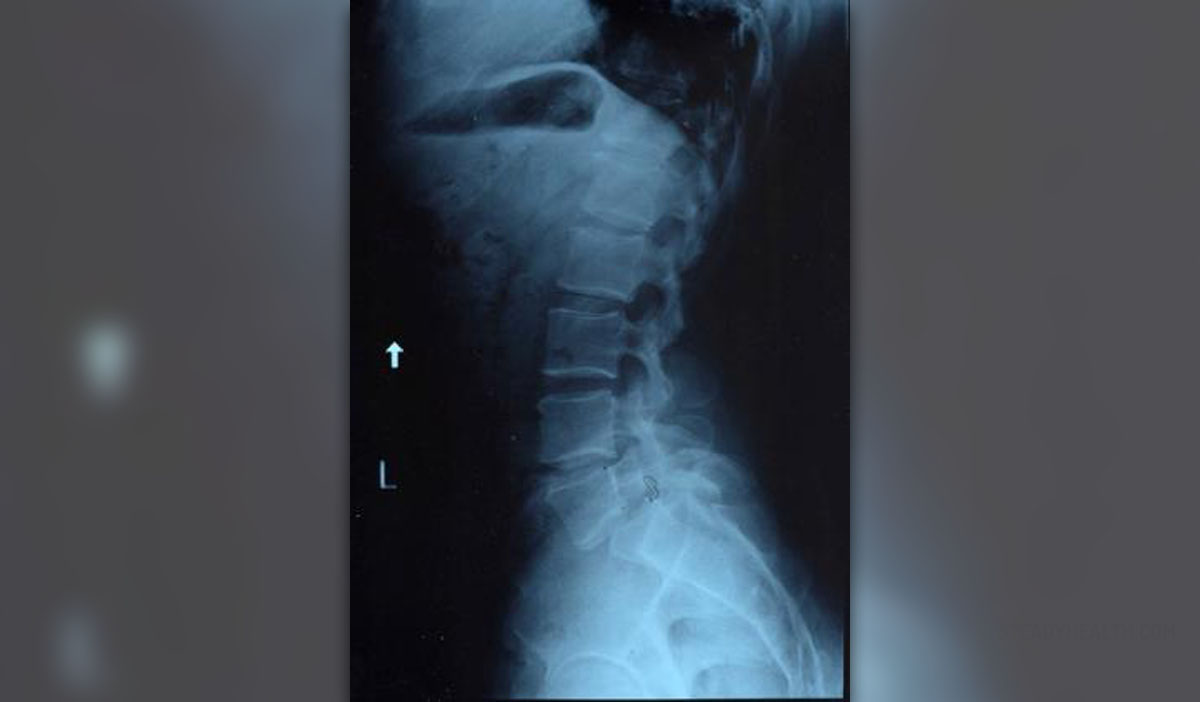
Pinched nerve is a condition which results as a consequence of any type of pressure to the nerve. The pressure leads to irritation and disruption of the nerve's functioning.
Causes of Pinched Nerve
There are numerous causes of pinched nerve. The symptoms and signs usually develop as a consequence of nerve compression, constriction and stretching. One of the examples of pinched nerve is compression of the spinal nerve by a herniated disc or bone spurs. Furthermore, pinched nerves may occur after injuries, due to repetitive motions or be one of the complications of joint disease.
Symptoms of Pinched Nerve
Typical symptoms of pinched nerve include numbness of the area innervated by the affected nerve, 'pins and needles' or burning sensation in the affected area and pain which usually radiates outward from the injured area. There may also be weakness of the muscles innervated by the affected nerve. Still some symptoms may vary and depend on the nerve which has been affected.
The symptoms may occur at the site of damage or be located down the path from the damaged nerve.
Complications of Pinched Nerve
If the underlying cause of pinched nerve is not removed there is a chance of certain complications. Some of them include peripheral neuropathy, carpal tunnel syndrome, tarsal tunnel syndrome and tennis elbow. Complications may be only temporary, but they may sometimes lead to permanent loss of nerve function.
Treatment for Pinched Nerve
The goal of the therapy is to reduce swelling around the affected nerve and to reduce compression caused by surrounding tissues. This way the nerve can restore its function.The treatment of pinched nerve can be conservative and surgical.
Conservative treatment includes certain medications, physical therapy and cortisone injections. Medications prescribed to patients suffering from pinched nerve include nonsteroidal ant-inflammatory drugs. Even injections of corticosteroids can be effective and alleviate the pain and inflammation. The purpose of physical therapy is to strengthen and stretch the muscles innervated by the pinched nerve. Depending on the location of the pinched nerve some patients require a splint or brace. These aids help in immobilization of the affected area.
Surgery is left for patients who do not respond to conservative treatment. The type of surgery depends on the location of the affected nerve. Some patients require surgical removal of bone spurs or parts of the herniated discs in the spine, while others need to undergo severing of the carpal ligament which will provide with the sufficient room for the nerve to pass through the wrist.


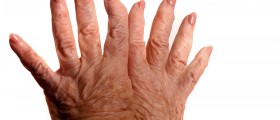

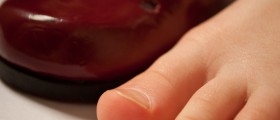
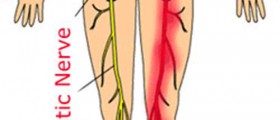
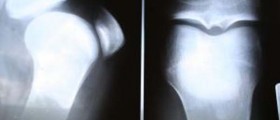
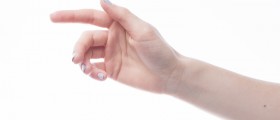
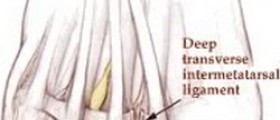
-Causes,-Symptoms,-Diagnosis,-Treatment_f_280x120.jpg)
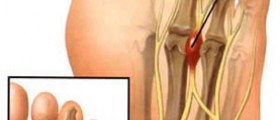

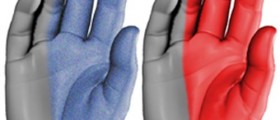
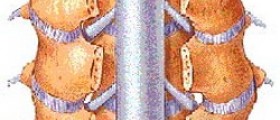
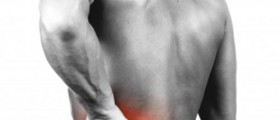

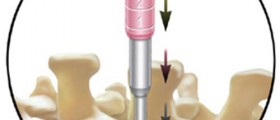
Your thoughts on this
Loading...